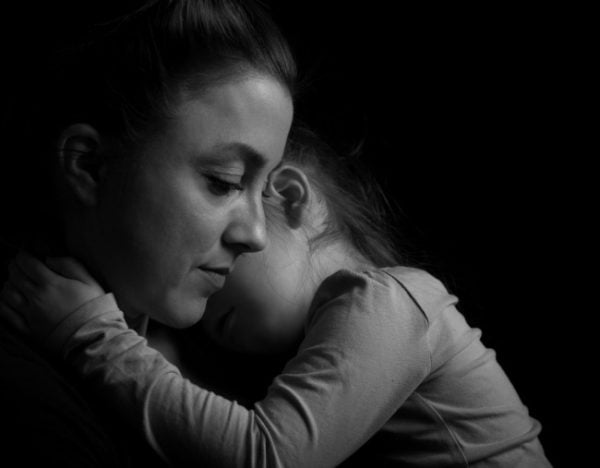“When Mexico sends its people, they’re not sending their best.”
“Some are good and some are rapists and some are killers. We don’t even know what we’re getting.”
It’s easy to assume the President of the United States of America Donald Trump doesn’t like Mexicans. He’s threatened to build a wall “to keep the illegals out”.
For most of us, these remarks are cause for another eye-roll. We might talk about them with friends over dinner tables and with colleagues in the lunch room. They have no impact on our lives, other than the way we think about America; it’s President; and the events likely to follow.
We are the lucky ones.
For others, these comments strike a place that is all-too real.
They are the children of the ‘illegals’. Their families. The ‘illegals’ themselves, even.
As we are discussing Trump’s vitriol, they are living it. Here’s one story of a family’s survival after a mother of four was deported from the US in 2010.
It was uncovered by California Sunday and now, more than ever, it’s a story happening everywhere.
Tell Me It’s Going To Be OK. Post continues below.
It was a hot afternoon in Pheonix, Arizona, and school had closed for the day. Angel Marin, 10 and his 14-year-old sister Yesi were walking home when they met their cousin on the street. It was clear something was wrong.


Top Comments
The deportation happened under Obama's presidency, so why isn't there a photo of him instead of Trump?
I don't understand stand how they living 'Trump's vitriol'?? You are discussing a deportation that occurred in 2010 - when Obama was president.....